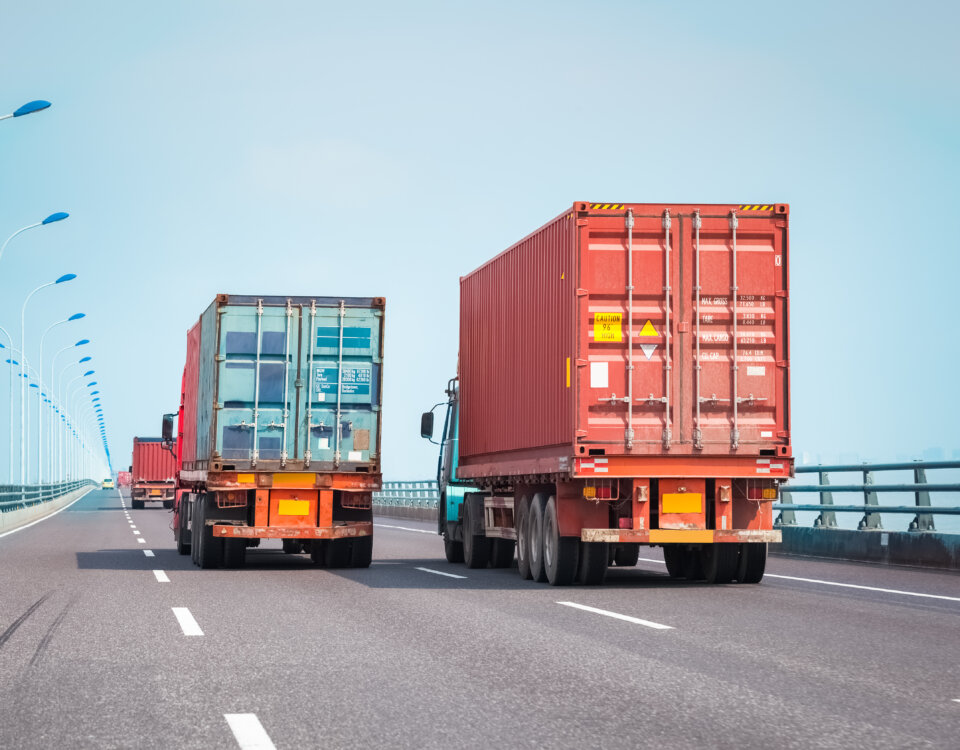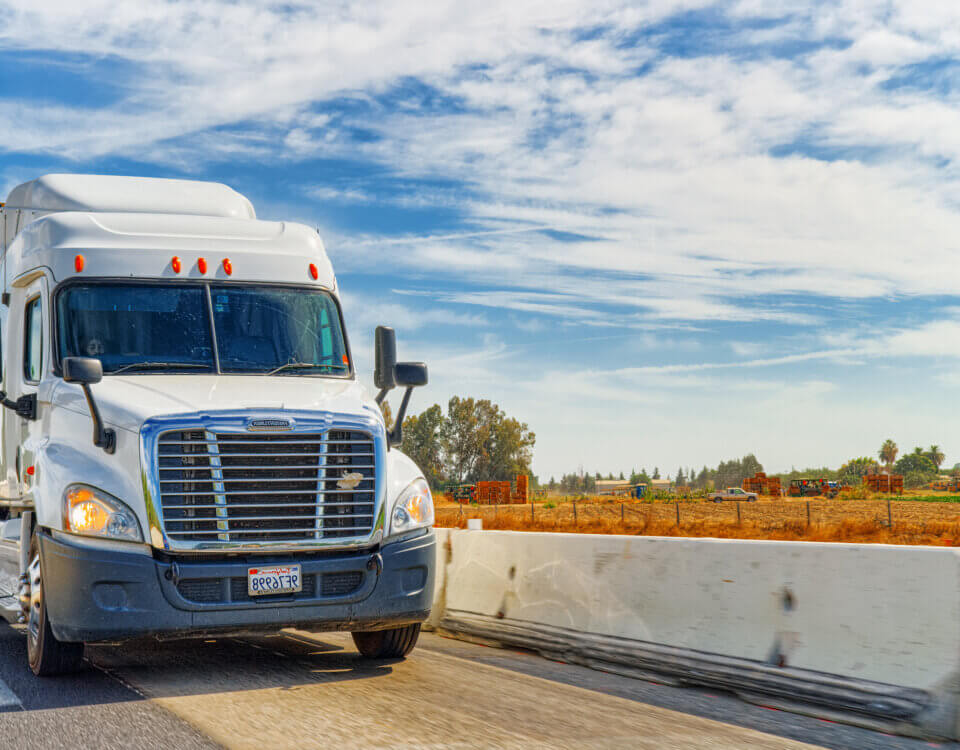Introduction
Amazon has changed how the world shops, but the convenience comes with hidden dangers. As the number of packages delivered each day skyrockets, so does the risk of accidents involving Amazon trucks. The rise in crashes shows the dark side of fast delivery.
How the Amazon Effect Impacts Roads
The surge in e-commerce means more delivery trucks on the road than ever before. In cities and suburbs, Amazon vehicles now crowd streets, driveways, and highways, creating more opportunities for accidents. A report by the U.S. Department of Transportation has noted the connection between delivery growth and rising traffic incidents.
https://www.transportation.gov/
Why Amazon Trucks Pose a Unique Risk
Amazon trucks often operate on tight deadlines, which leads to drivers speeding, double-parking, or rushing through neighborhoods. These unsafe practices increase the chances of pedestrian accidents and collisions with smaller vehicles. The National Safety Council has highlighted how delivery vehicle crashes contribute significantly to roadway injuries and deaths.
https://www.nsc.org/
Victims Left in Confusion
After an Amazon truck crash, victims often struggle to understand who is responsible. Amazon’s use of independent contractors creates layers of liability that make legal claims difficult. Insurance companies take advantage of this confusion to delay or reduce compensation.
The Cost to Families
Behind every statistic is a family dealing with the consequences. Victims face hospital stays, long recovery times, and financial hardship while Amazon continues to expand. The growing number of accidents highlights the need for accountability in the company’s delivery model.
Conclusion
The Amazon effect is not just about faster shipping; it’s also about more accidents and more victims. For those injured, knowing the risks and pursuing justice is essential. Until safety is prioritized, the real cost of convenience will continue to be paid on the roads.
Note: These blog posts are created solely for the use of Hillstone Law. The information is gathered from internet research, publicly available sources, and artificial intelligence (AI) tools such as ChatGPT. While we aim to share helpful and educational content, Hillstone Law does not independently verify every detail. Some information may be incomplete, outdated, or subject to change without notice. If you believe any part of a post is inaccurate, misleading, or infringes upon copyright, please contact Hillstone Law immediately so we can review it and take appropriate action, including correction or removal.
Disclaimer: The material provided in these blogs is for general informational purposes only and should not be considered legal advice. Reading these posts does not create, and is not intended to create, an attorney-client relationship with Hillstone Law. Our intent is to share knowledge, raise awareness, and provide helpful resources to the public; however, Hillstone Law makes no warranties or guarantees about the accuracy, completeness, or reliability of the information provided, and expressly disclaims liability for any actions taken in reliance on it. The photos used in these posts are for illustrative purposes only and do not depict actual clients, individuals, or incidents unless expressly stated. If you or a loved one has been injured in an accident, please contact Hillstone Law at (855) 691-1691. Our attorneys are available to answer your legal questions and help you understand your rights.







